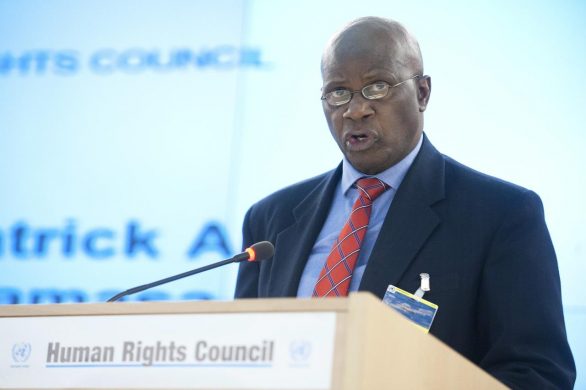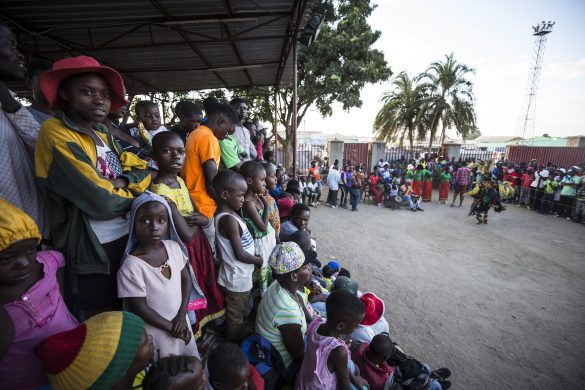Ten months ago, on August 26, 2015, Zimbabwe’s 92-year old leader, Robert Mugabe announced a 10-point plan to revitalize economic growth. Since then, the government has taken steps that signal the intention to transform a moribund economy. But the question is whether a Mugabe-led government can be successful in restoring growth and confidence in a once-promising economy that has been severely mismanaged for the better part of two decades.
An economic reform initiative in Zimbabwe has been long overdue. GDP growth has dropped well below 2 percent, and the economy is half the size it was 15 years ago. The country is experiencing its most severe drought in 20 years due to El-Niño conditions and nearly three million people are at risk of starvation. Poverty is expected to rise in 2016, and the poor, especially in the rural areas, will be most impacted.
Certain aspects of the reform initiative represent significant departures from past policies and deserve careful review. The bigger challenge is whether the program can succeed given the government’s poor track record on human rights, respect for the rule of law, and the intensifying competition to fill Zimbabwe’s growing leadership vacuum, given Mugabe’s advanced age.














